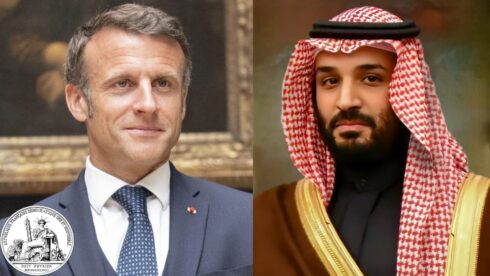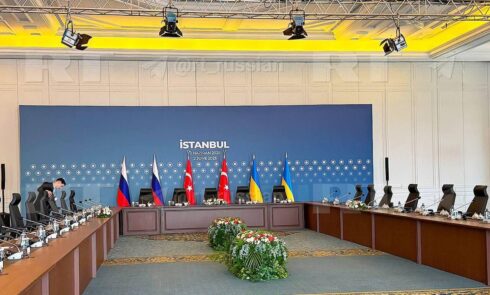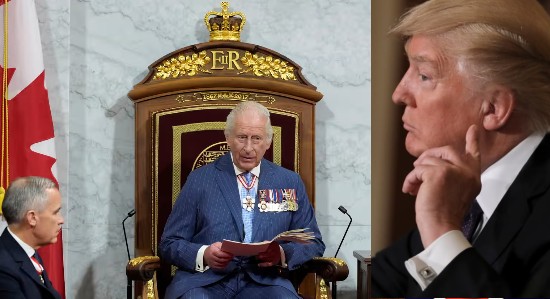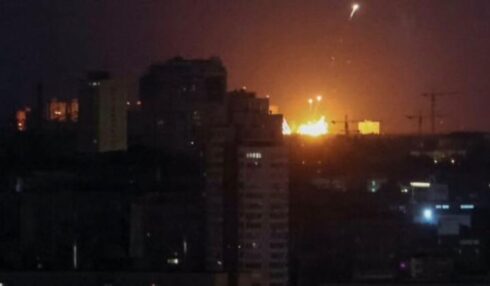French President Emmanuel Macron has strongly criticized the resumption of Israeli airstrikes on Gaza during a diplomatic call with Saudi Crown Prince Mohammed bin Salman. Expressing deep concern over the escalating violence, Emmanuel Macron emphasized the urgent need for de-escalation and the protection of civilian lives. His remarks come amid a sharp surge in hostilities that have led to widespread destruction and casualties in the densely populated Palestinian enclave.
The French leader reiterated his government’s stance on seeking a sustainable ceasefire and resuming meaningful peace negotiations. France has been vocal in advocating for a two-state solution and has repeatedly urged all parties to abide by international humanitarian law. Emmanuel Macron’s statement underscores growing international pressure on Israel to halt military operations and engage in diplomatic efforts to restore stability.
Humanitarian Crisis Worsens Amid Renewed Strikes
The resurgence of Israeli airstrikes has exacerbated an already dire humanitarian situation in Gaza, where infrastructure is severely damaged, and essential services are crippled. Human rights organizations report that the latest bombardment has displaced thousands of families, with hospitals struggling to cope with an influx of wounded civilians. Emmanuel Macron, in his conversation with bin Salman, highlighted the urgent need for humanitarian corridors to ensure the delivery of food, medical supplies, and essential aid.
The United Nations and various aid groups have echoed Emmanuel Macron’s concerns, warning of an impending catastrophe if hostilities persist. Gaza’s population, already reeling from previous conflicts, faces acute shortages of electricity, clean water, and medical resources. International appeals for an immediate cessation of violence have intensified, as global leaders call for diplomatic solutions to prevent further suffering.
Emmanuel Macron: France and Saudi Arabia Push for Diplomatic Resolution
During their discussion, Emmanuel Macron and bin Salman explored potential diplomatic measures to curb the violence and revive negotiations between Israel and Palestinian authorities. Saudi Arabia, a key player in regional geopolitics, has long advocated for Palestinian statehood and has been actively engaging with international partners to mediate peace efforts. Emmanuel Macron expressed his willingness to work alongside Saudi Arabia and other stakeholders to push for a renewed peace process.
The two leaders also discussed the broader geopolitical ramifications of the conflict, including the risks of regional escalation. With tensions simmering across the Middle East, France and Saudi Arabia underscored the necessity of coordinated international efforts to prevent a wider crisis. Both nations agreed on the importance of leveraging diplomatic channels, including the United Nations and the European Union, to press for immediate de-escalation.
Israel Defends Military Actions as Security Measures
Despite mounting international criticism, Israeli officials have defended their renewed strikes on Gaza, citing security threats and retaliatory measures against Hamas and other militant groups. The Israeli Defense Forces (IDF) claim that their operations are targeted at military infrastructure and are essential to neutralizing threats posed by rocket attacks on Israeli cities. Prime Minister Benjamin Netanyahu has stated that Israel will not compromise on national security and will take all necessary steps to protect its citizens.
However, critics argue that the disproportionate use of force has led to significant civilian casualties and deepened the humanitarian crisis. Reports from Gaza indicate that residential buildings, schools, and hospitals have been affected, drawing condemnation from international human rights organizations. The latest escalation has reignited global debates over Israel’s military tactics and the long-standing Israeli-Palestinian conflict.
International Community Calls for Immediate Ceasefire
Global leaders and international organizations have intensified calls for an immediate ceasefire, urging both Israel and Palestinian factions to return to diplomatic negotiations. The United Nations Security Council has convened emergency meetings to address the escalating crisis, with Secretary-General António Guterres warning of the catastrophic consequences of continued violence. Several European nations, along with the Arab League, have condemned the attacks and called for an immediate halt to hostilities.
The United States, a key ally of Israel, has faced mounting pressure to intervene and mediate a ceasefire. While Washington has reaffirmed Israel’s right to self-defense, it has also urged caution and stressed the importance of minimizing civilian casualties. As diplomatic efforts intensify, the path to a sustainable resolution remains uncertain, with both sides entrenched in long-standing grievances and deep-seated mistrust.
Future Prospects for Peace in the Region
The renewed conflict has cast a shadow over prospects for peace in the Middle East, highlighting the fragility of previous diplomatic efforts. Analysts warn that without a concrete roadmap for negotiations, periodic escalations will continue to disrupt stability in the region. Emmanuel Macron’s diplomatic outreach to bin Salman signals France’s commitment to playing a proactive role in mediating a lasting solution.
Saudi Arabia, as a key player in the Arab world, has reaffirmed its support for Palestinian statehood and has urged all stakeholders to work towards a comprehensive peace agreement. While the path forward remains complex, international leaders are striving to revive dialogue and prevent further loss of life. Whether these efforts will yield tangible results remains to be seen, as the conflict remains deeply rooted in historical grievances and geopolitical tensions.














